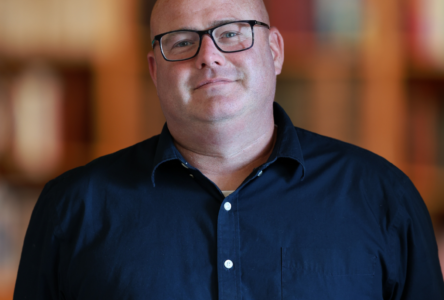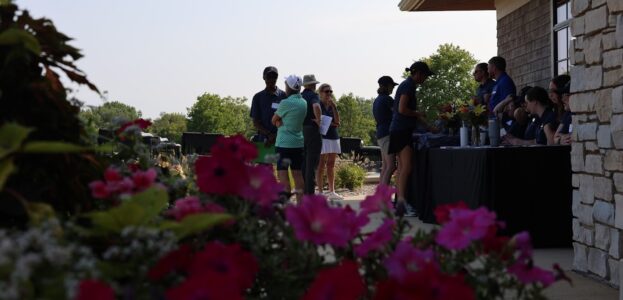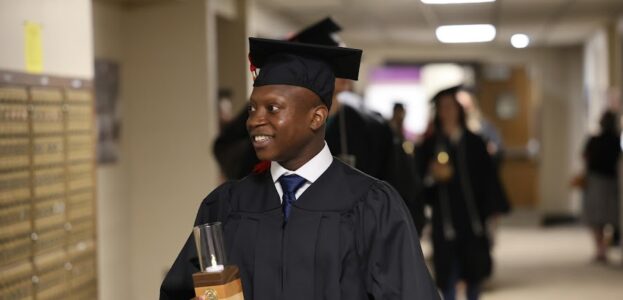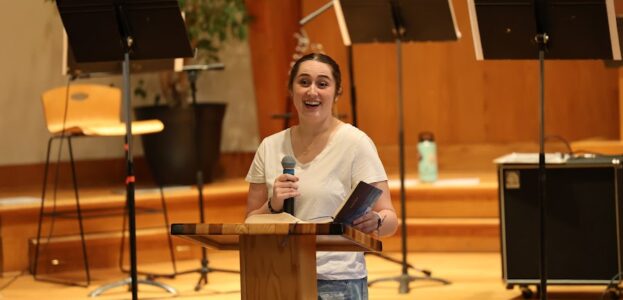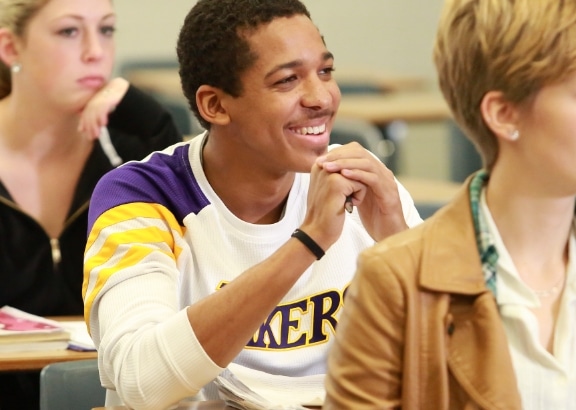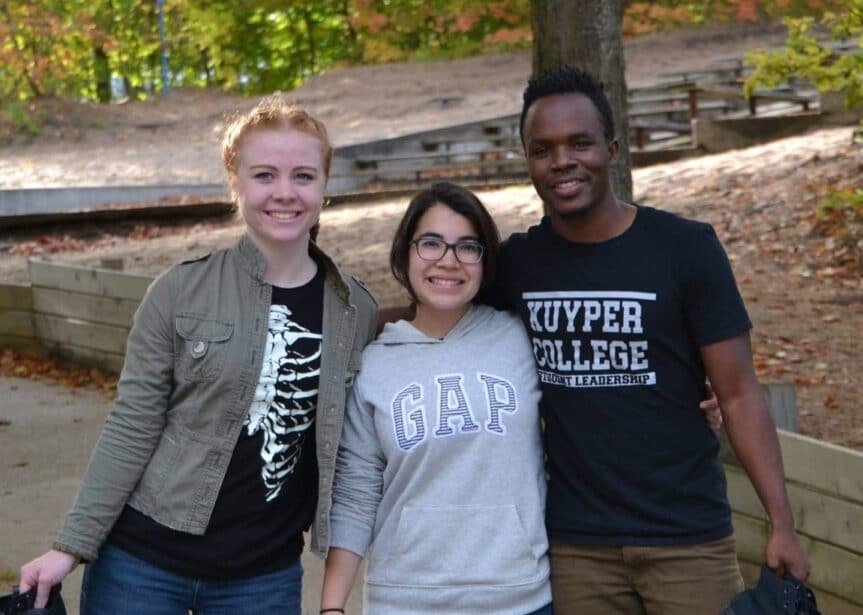Ready
The recent changes in leadership at Kuyper College have led to a renewed emphasis on student success with an increased awareness of the changing needs and expectations in higher education and the workplace. Kuyper’s president, Dr. Patricia Harris, has been consistently sharing the message in numerous settings that the outcomes of a Kuyper College education can be summarized with three words: Ready. Rooted. Called. This first of a three-part series on these themes focuses on what it means for our students to be ready.
In a recent communication, Dr. Harris wrote:
“First, we focus on hands-on learning and offer quality internship placements so students can be workplace ready wherever God leads them. Second, we help students to be rooted in a biblical worldview, integrated into all areas of their study, so they can engage with others, even cross-culturally, and finally, the Coordinator of Vocation, Calling, and Community Life and faculty advisors come alongside each student to help them discern their calling.”
According to Dr. Harris, Kuyper College has confidence that its relationally attentive learning environment will prepare current students to be successful graduates who are ready to engage the culture for Christ with excellence. Three significant ways Kuyper does this is with personalized learning opportunities, preparation to be interculturally competent, and training in workplace-relevant skills.
Personalized Learning Opportunities
Kuyper’s new Ministry Leadership program complements the widely known and highly respected Social Work program, the fast-growing Business Leadership program, and the innovative Interdisciplinary Studies program. Within each of these four robust programs, every individual student can choose a specialization that will round out their skill set. For example, a Business Leadership student who plans to use their degree in an urban or international missions setting could choose a specialization in Intercultural Studies. Or, a Ministry Leadership student who wants to work in the communication operations in a nonprofit or church setting could choose a specialization in Social Media and Marketing. The Kuyper curriculum is intentionally designed to have the flexibility to shape a student’s education to fit the needs and goals of each student. Students also receive personalized attention from mentorship through faculty advisors, relationships with professors who invest into each student’s passions and skills, and participation in the newly formed Vocation and Calling Formation program.
Intercultural Competence
“We live in a global society and are part of a global network,” noted Dr. Lisa Hoogeboom, professor of Intercultural Studies. “Each of us is connected to things that happen on the other side of the world, and a good number of us will travel internationally for work or ministry. And then we must consider that in the United States alone, hundreds of people groups live side by side, right outside our doorstep.” These realities demonstrate the need for intercultural competence. According to Dr. Hoogeboom, there is often a lack of understanding between cultural groups, which puts us all at a loss and creates barriers when seeking to work well together. “One of the barriers is the stereotyping of groups that are unlike our own. Another is that communication styles between different cultural groups are often a mismatch.” To bridge this gap and to ensure that Kuyper graduates
are culturally competent, every student is required to take the Intercultural Communication course, and most will have an additional course that likewise requires up to 50 hours of outside-the-classroom, face-to-face interaction with people from a cultural group that is different from the student’s.
Workplace Relevant Skills
Competent, creative, relational, critical thinkers are all sought-after qualities in the fast-paced and ever-changing workforce of today. As the demand for graduates who are equipped to fill these shoes grows, Kuyper is taking steps to ensure that its graduates are ready to take the lead in meeting those needs.
All Kuyper curriculum is designed around a method developed by our faculty referred to as ALEA—an acronym for Ask, Listen, Engage, and Answer. As a result, students become well accustomed to asking hard questions, pausing to hear the perspectives of a diverse array of voices, interacting with those perspectives respectfully yet critically, and formulating answers to the original questions that are well-researched. In addition, while in the process of earning their degree, every Kuyper student will intern within their field of study. This experiential, hands-on learning environment not only challenges students to develop their professional skills and apply class knowledge in the workplace, but also requires intensive research as a culmination of their years of study, pushing them to continue to ask deep questions about their given industry and answer them in tangible and practical ways through their internship experience.
Kuyper’s philosophy of education fuels the formation of a curriculum that equips students with praxisbased skills and a global perspective so they are ready to enter the workplace with confidence.



